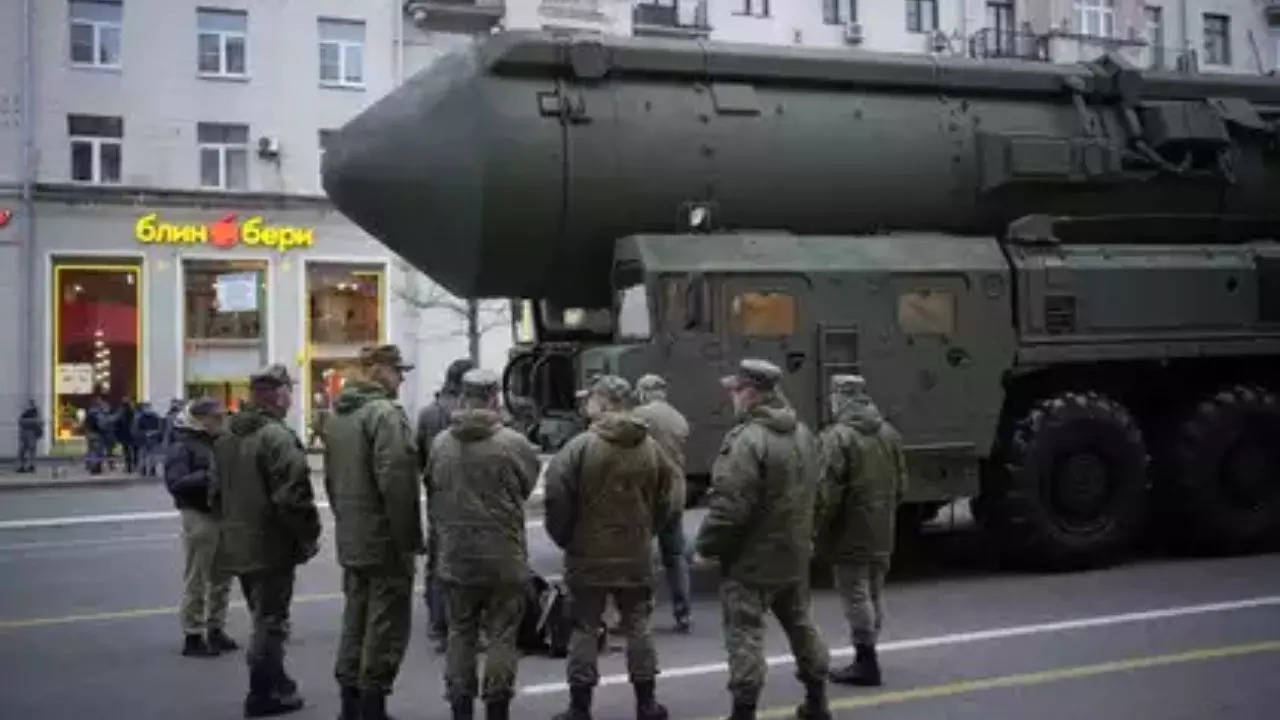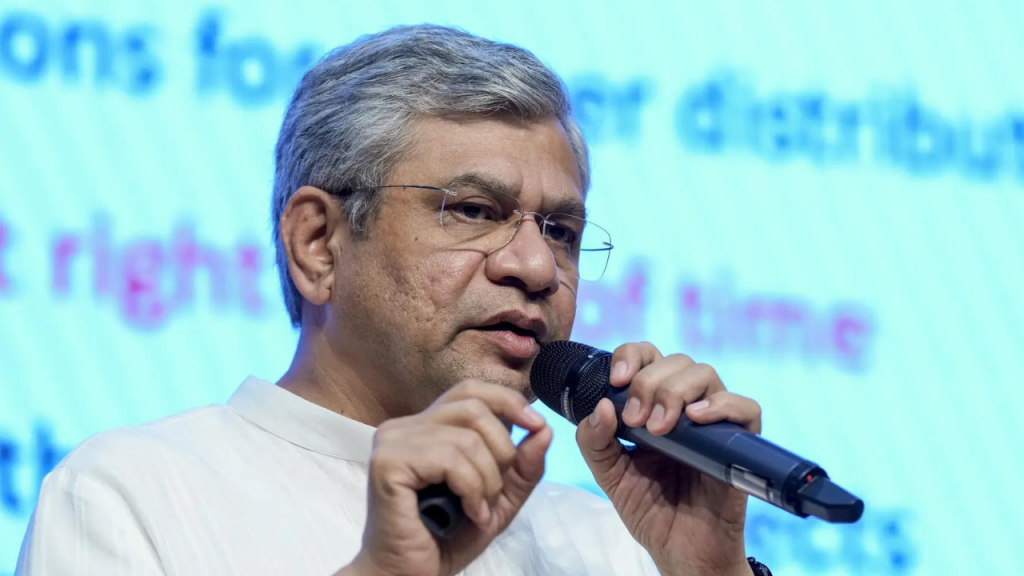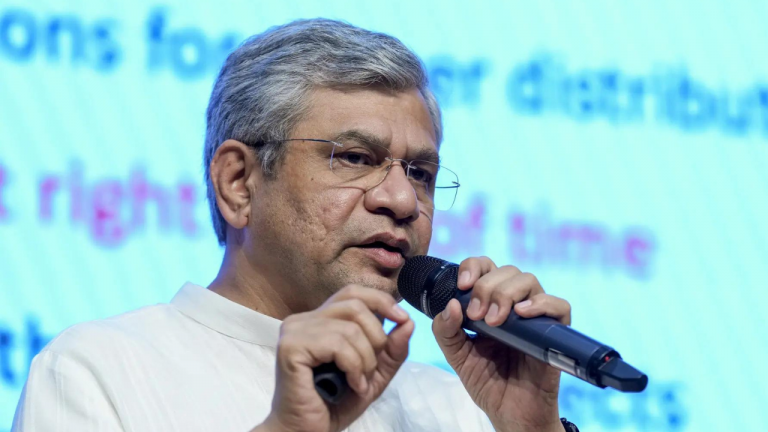After the fall of the Soviet Union, Ukraine inherited a significant nuclear stockpile. Despite possessing these nuclear weapons, Ukraine made the decision to relinquish them due to financial burdens and geopolitical risks. The 1994 Budapest Memorandum provided security guarantees to Ukraine, however, when Russia annexed Crimea and backed separatists in Ukraine, these guarantees proved to be unreliable. The current Russia-Ukraine conflict underscores the vulnerabilities of Ukrainian security in the absence of nuclear deterrence. The decision to give up nuclear weapons has left Ukraine exposed to external threats, raising concerns about its national security. The ongoing conflict serves as a reminder of the complex geopolitical challenges faced by Ukraine and the implications of its nuclear disarmament. This situation highlights the delicate balance between national security, international relations, and strategic decision-making. The repercussions of Ukraine’s disarmament continue to reverberate in the region, emphasizing the importance of ensuring reliable security mechanisms for countries facing similar circumstances. As Ukraine navigates through these challenges, the international community closely watches the developments in the region and the impact of geopolitical dynamics on global security.

Posted in
JUST IN
Ukraine’s Nuclear Disarmament and Security Challenges Amid Russia Conflict: A Post-Soviet Legacy Unveiled
In Trend

“India’s Education Sector Faces Challenges as Schools Struggle to Reopen Amid COVID-19 Pandemic”



















